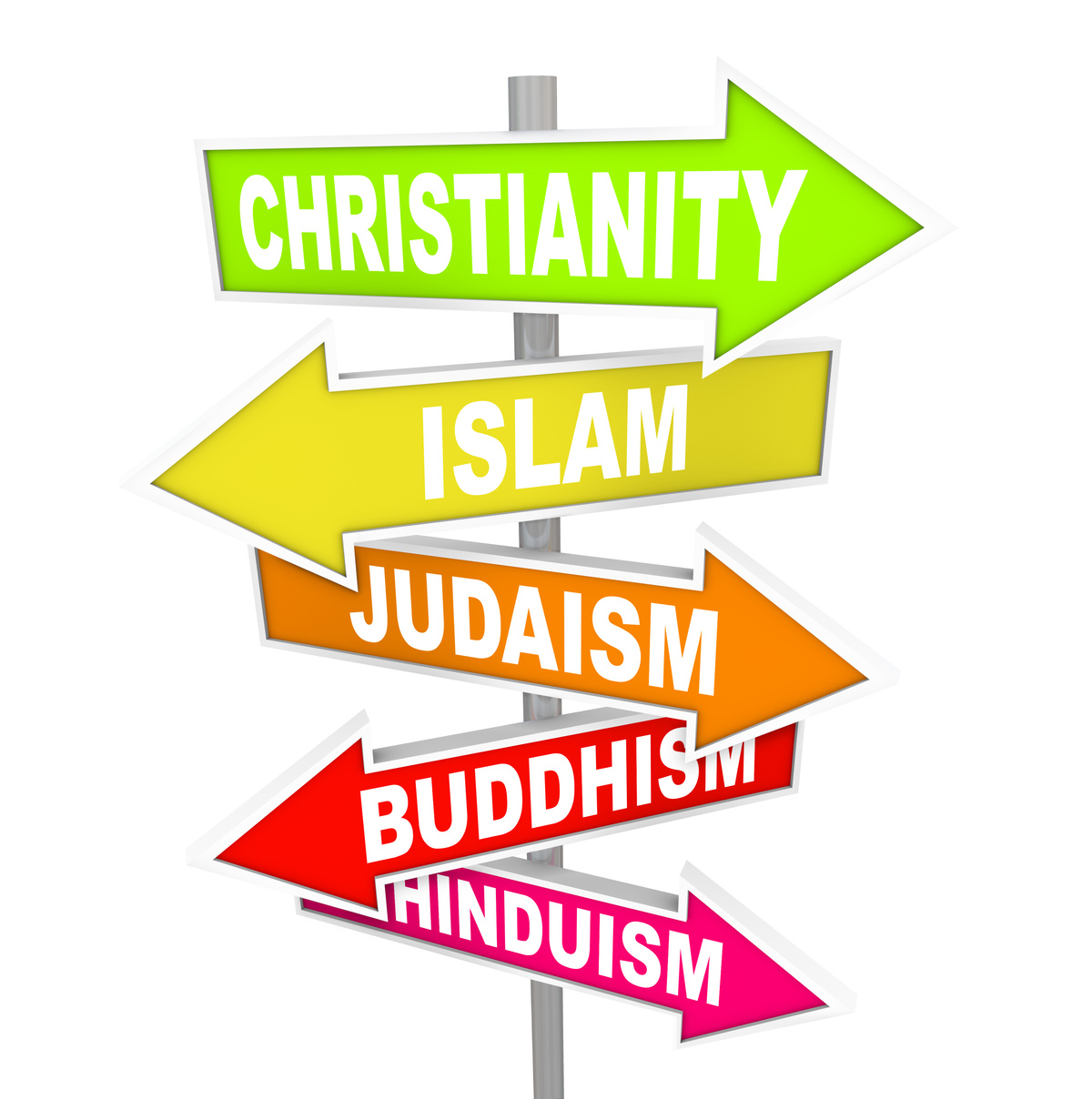There are so many issues to worry about during your divorce that you may overlook some of the most profound and lasting impacts of the process. Focusing too much on one area could result in less-than-ideal court outcomes.
Custody is a perfect example. Many parents become fixated on physical custody of their children. Physical custody involves whom the children stay with at any given time and influences who has to pay child support and how much they pay.
Obviously, physical custody is very important to your children’s overall well-being and your relationship with them. However, physical custody is only part of the final custody ruling. You should also think carefully about legal custody, which is a separate concern but equally important, especially if you and your ex don’t agree on the best way to raise your children.
What is the difference between legal and physical custody?
Physical custody, obviously, is the allocation of responsibility for a child’s physical well-being. Most courts currently favor shared physical custody or at least liberal visitation for the non-custodial parent. Legal custody, on the other hand, involves the authority to make important decisions about your child’s life.
Legal custody impacts everything from educational and health decisions to what religion the child practices and what holidays they celebrate. If you and your spouse do not have the same religious values, you may feel like it is of intense importance to ensure that you have the right to teach your child about your faith and have them observe important days with you.
Still, legal custody may be more difficult for the courts to split. That can be particularly true in cases where parents can’t seem to agree on anything. The judge in your case may feel as though their best option is to award legal custody to only one parent to avoid ongoing conflict between the former spouses. The issue with this approach is that it disempowers the other parent.
Make sure your attorney and the courts know about your religious concerns
For many parents, sharing their faith with their children is a critical aspect of the parent-child relationship. If you worry about how divorce will impact your child’s faith or access to religious resources, you should make sure your attorney knows that this is a concern as early in the process as possible. That issue will certainly inform your strategy as you move forward.
You should also make sure that the courts are aware of the importance of faith in your personal life and your relationship with your children. By doing so, you will help the courts make a decision based more on your needs and your relationship with your children then what is easiest or most straightforward.
To learn more about your custodial rights, contact one of our Winston-Salem child custody attorneys by calling 336-714-2380 or completing our online contact form.
This article is not intended to give, and should not be relied upon for, legal advice in any particular circumstance or fact situation. No action should be taken in reliance upon the information contained in this article without obtaining the advice of an attorney.

